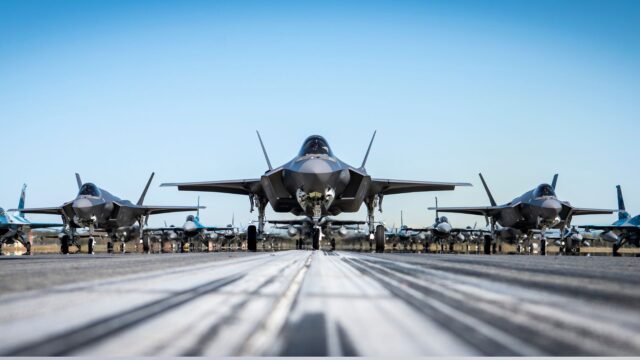Private aviation operators struggling to keep up with regulatory changes

October 22, 2024

Global regulatory changes are impacting business aviation operations according to UAS International Trip Support, an exhibitor at this year’s National Business Aviation Association (NBAA) Business Aviation Conference and Exhibition (BACE).
 Speaking ahead of this year’s NBAA-BACE, Mohammed Husary, UAS’ founder and executive president, said the huge amount of regulatory and legislative changes that have been introduced in recent years requires an investment in dedicated resources. Even with that, he underlined that “understanding the full implications of the rules can be challenging.”
Speaking ahead of this year’s NBAA-BACE, Mohammed Husary, UAS’ founder and executive president, said the huge amount of regulatory and legislative changes that have been introduced in recent years requires an investment in dedicated resources. Even with that, he underlined that “understanding the full implications of the rules can be challenging.”
Increased demand for support
UAS has noted a significant rise in demand for compliance support driven by the rapid pace and volume of new regulations across the sector. These regulatory changes cover a wide range of areas from passenger management and monitoring to emission reductions and taxation. “Operators are struggling to keep up with the volume and speed of regulatory changes and are afraid of finding out that they are liable, without even knowing it,” said Abdul Charafeddin, UAS vice president Americas.
As private flying increases in popularity, the necessity for stricter passenger control is prompting tighter regulations in regions such as the EU, UK and the US. Elsewhere, the recent introduction of Advanced Passenger Information System (APIS) in Mexico and Hong Kong and plans to expand the system in countries such as Canada and the UAE are creating challenges for smaller business aviation operators. Additionally, new passenger protection rules in Saudi Arabia and Europe’s General Data Protection Regulation (GDPR) further complicate how operators manage and protect sensitive passenger data.
Environmental sustainability
On the environmental front, regulatory initiatives such as the EU Emissions Trading System (EU ETS) and the International Civil Aviation Organization’s (ICAO’s) Carbon Offsetting and Reduction Scheme for International Aviation (CORSIA) place additional demands on operators to monitor, report and purchase CO2 emissions allowances. This process is resource-intensive and costly.
Charafeddin revealed that UAS has seen a 20% increase in demand for regulatory support in 2024 alone. For many operators “investing in the in-house expertise is costly, especially when it’s not necessary for 90% of the operators’ trips,” he continued. In response, UAS is expanding its international regulatory and compliance capabilities to better support its clients.
















